Found 41 movies, 1 TV show, and 2 people
Can't find what you're looking for?

No description available for this movie.

The battle of El Salvador and its revolutionary history, from the time of the Spanish conquest and colonization, to the insurgency of the 80s, approached by a Puerto Rican filmmaker immersed in the conflict. Depicts a host of F.M.L.N. guerrillas marching forth from Monte Alzaco, the spiritual home of Salvadoran resistance.
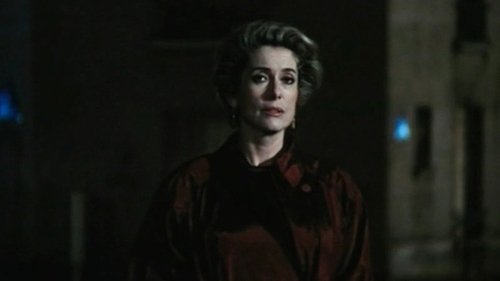
Commissioned by Amnesty International for its TV program Ecrire contre l’oubli (Write Against Oblivion), Akerman’s contribution in the form of a poem is dedicated to Febe Elisabeth Velasquez, an El Salvadorian trade unionist and mother of three, murdered by the US-backed junta. Deneuve emerges from the calm of a Parisian night to deliver a heartfelt plea for remembrance of Febe Elisabeth’s too short life. Sonia Wieder-Atherton’s cello weeps appropriately.
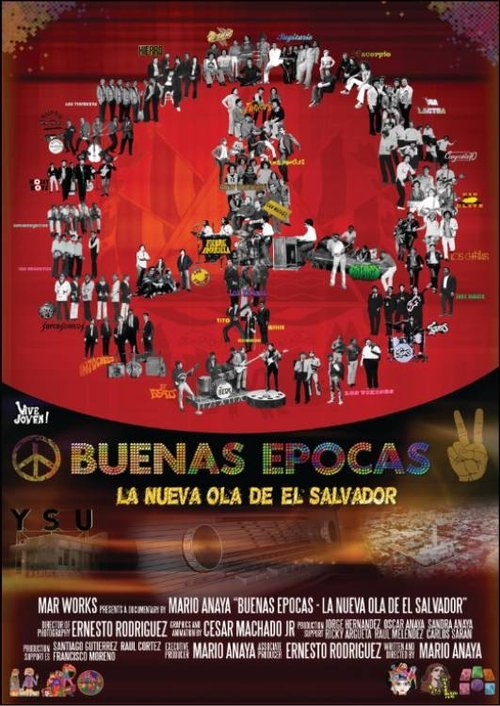
1960's El Salvador's cover bands that re-worked radio banned songs by The Beatles, The Rolling Stones, and others chronicling little know, but fecund music scene in the Central American country

The military dictatorships, which held power in El Salvador, instituted a way of governing the country that became unsustainable. Electoral frauds were evident, and despite all this, the military continued to perpetuate themselves in power. Little by little, the gap between social classes began to widen, aggravating differences, while inequality grew disproportionally. Due to the lack of opportunity to improve the quality of life of Salvadorans via a political path, guerrilla organizations as well as an armed conflict emerged.

The Coup of 1979 was the "straw that broke the camel's back". The most influential sectors in the country, both from the Left and the Right, radicalized and decided to rebel against a power they considered unjust and unbearable. From this decision to rebel emerged three Revolutionary Juntas made up by civilians and the military.

In 1989, ARENA won the presidential elections. That same year, after a few months before the democratically elected executive office took power, the FMLN launched the biggest military offensive of the war called "To the Top" on November 11. ARENA, under the direction of Alfredo Cristiani as President of the country, had resumed peace negotiations in order to find a peaceful solution to a conflict that had already cost thousands of lives.
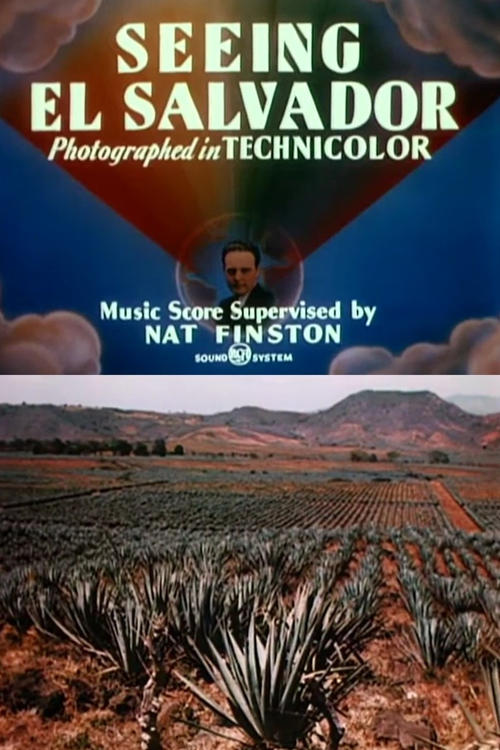
This Traveltalk series short starts in San Salvador, El Salvador's capital, emphasizing the Spanish architectural heritage. We then go to the Izalco Volcano, which was created in 1770 by an eruption of the Santa Ana Volcano. The focus then shifts to the country's agriculture. The two main products are coffee and henequen, a plant with tough, fibrous leaves used to make rope, baskets, and other products.
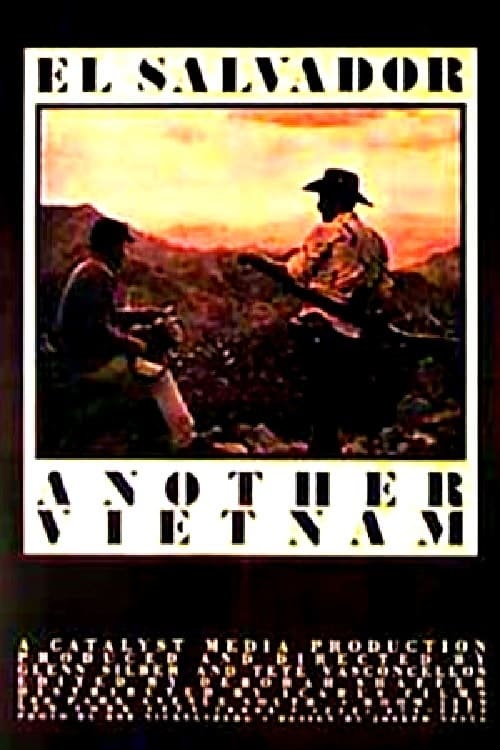
This political documentary illustrates the turbulent history of El Salvador from the 1920s-1970s, and the role of the U.S. government in that history. The most comprehensive film introduction to that country, examines the civil war there in light of the Reagan administration's decision to "draw the line" against "communist interference" in Central America. Archival material offers an overview of U.S. military and economic policy in Central America since 1948, while footage drawn from sources in the U.S., Mexico, and Europe provides extensive background to the current political and military situation.
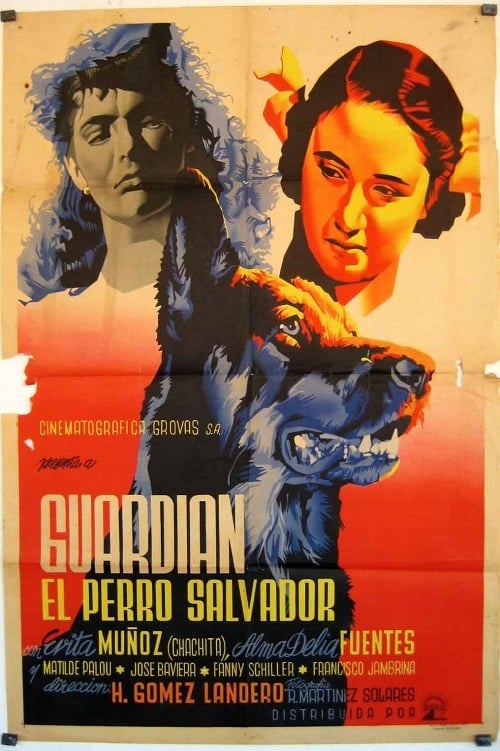
Poor woman and her daughter hire on to rich family as servants. Husband/Daddy comes back from his foreign travels and crazy stuff happens! Death! Jail sentences! Inheritances!

Salvadoran born Amanda Reyes lost her father to murder in 1929. She was three. She was taken away from her family and lived her entire life not knowing who they were. In 2009 her son, Marcos Reyes Villatoro, searched the entire country for the family. His search for the Reyes family is more than curiosity; it's his obsession. Like many Latinos in the U.S., Marcos has the need to know on a deeper level, What does it mean to be Latino? He searches for his roots. And what he finds is not pleasant. His family was involved in the Salvadoran struggles in a way he'd never dreamed.
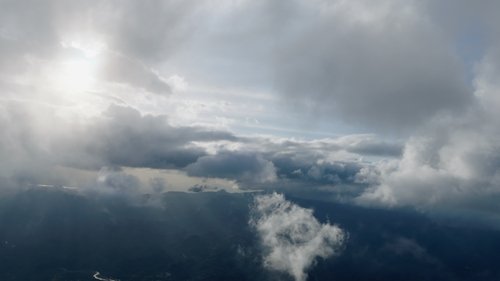
El Salvador's most dramatic landscapes unfold all around you in this sensory-driven flight experience that captures the nation's soul from above. Soar over active volcanoes, navigate winding rivers, and witness our emerald lakes from impossible heights. Soaring exclusively at Skydeck Millennium in San Salvador.

Much of the debate over the role of the U.S. in Central America focuses on this tiny nation about which filmaker Ofra Bikel says ‘we know so much, but we know so little.’ In this report, Bikel takes us into the heart of El Slavador to examine the politics and the people the U.S. government supports there.

Return to El Salvador explores the reconstruction of El Salvador, post-civil war. The film revisits the struggles of the nation and examines what drives over 700 Salvadorans to flee their homeland each day, often risking their lives to illegally enter countries in search of a better life for their families. The film also profiles a number of Salvadorans effected by the civil war. One couple, who fled death threats in the 1980s, finds asylum and a political platform in the United States. The film also follows a different couple who, after escaping the war, returned to El Salvador to work with churches and poor communities.

No description available for this movie.

Brings together four inspiring stories from North, South, East, and West El Salvador. With a soft poetic veil, these stories portray a rich cultural, ecological and social diversity, showing a viewpoint of the country that distances itself from the accounts of violence that prevail in the Central American region.
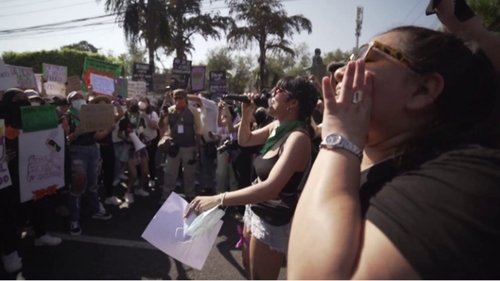
No description available for this movie.

Vice News correspondent Danny Gold headed to El Salvador to investigate what many are now calling a war between the street gangs and the government.

In September 2021, El Salvador became the first country in the world to adopt bitcoin as legal tender.

No description available for this movie.
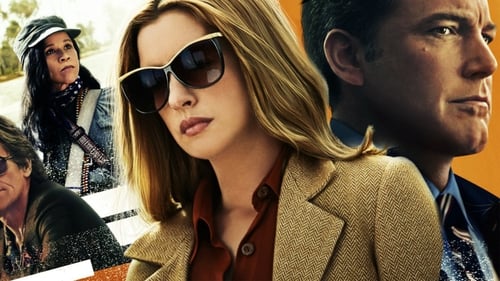
At the turning point of the Iran-Contra affair, Elena McMahon, a fearless investigative journalist covering the 1984 US presidential campaign, puts herself in danger when she abandons her assigned task in order to fulfill the last wish of her ailing father, a mysterious man whose past activities she barely knows.
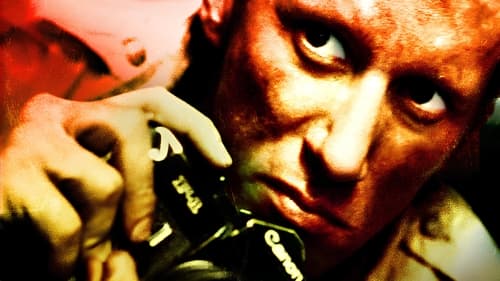
In 1980, an American journalist covering the Salvadoran Civil War becomes entangled with both the leftist guerrilla groups and the right-wing military dictatorship while trying to rescue his girlfriend and her children.
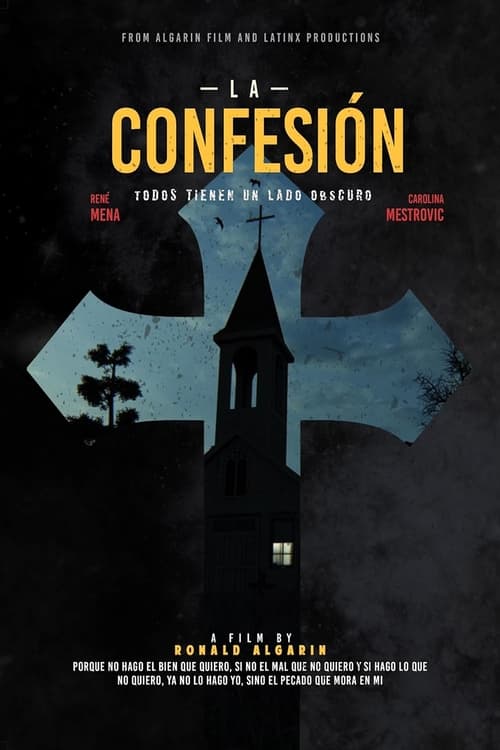
A catholic priest in Monte Bello, El Salvador has created a clandestine operating room inside the church to extract the human organs of kidnapped people and sell them on the black market.
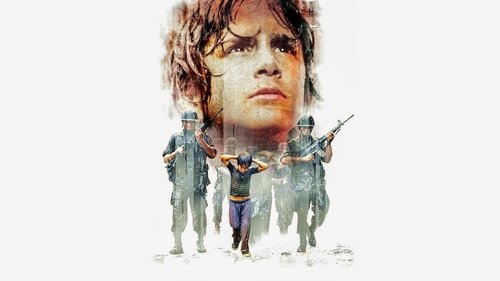
A young boy, attempting to have a normal childhood in 1980s El Salvador, is caught up in a dramatic fight for his life when he desperately tries to avoid the war that is raging all around him.
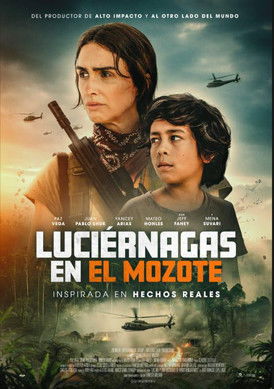
During the 1980s civil war in El Salvador, a rebel group of leftist guerrillas fight to expose its government's death squads via an underground radio network and hope to end their government's reign of terror with the help of an American journalist.
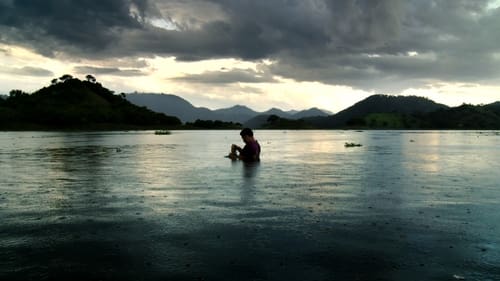
Years after the Salvadoran military destroyed the village of Cinquera in that country’s civil war, survivors have returned to rebuild their community. Soulful, beautifully rendered, this amazing debut is an evocative testament to place, memory and the power of life to rebound from tragedy.
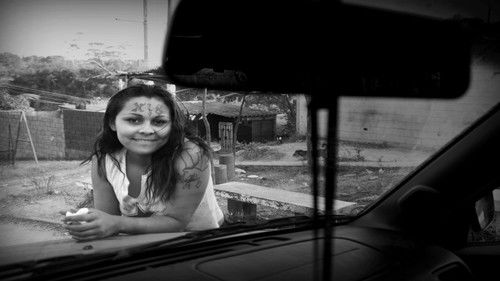
Reflects a depressing and hopeless reality by following some of the members of "la dieciocho", the so-called 18th Street gang in a poor San Salvador neighborhood.

It is El Salvador, 1989, three years before the end of a brutal civil war that took 75,000 lives. Maria Serrano, wife, mother, and guerrilla leader is on the front lines of the battle for her people and her country. With unprecedented access to FMLN guerrilla camps, the filmmakers dramatically chronicle Maria's daily life in the war.
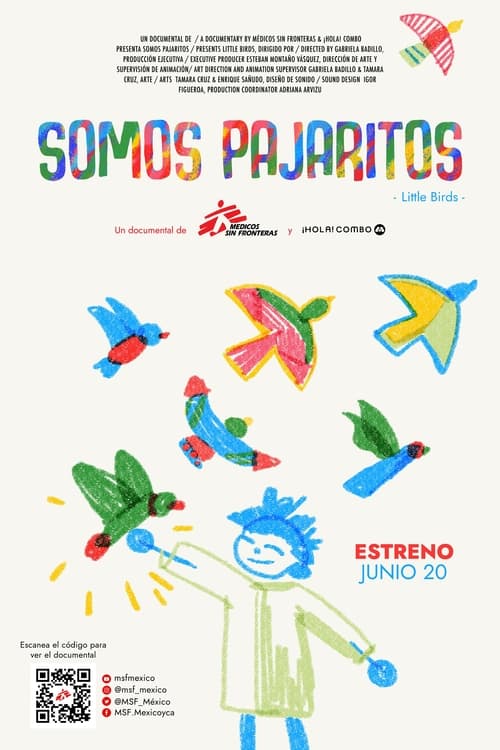
Through dances and games, migrant boys and girls who live in a shelter in Reynosa, on the US-Mexico border, shared their dreams and stories of hope with us.
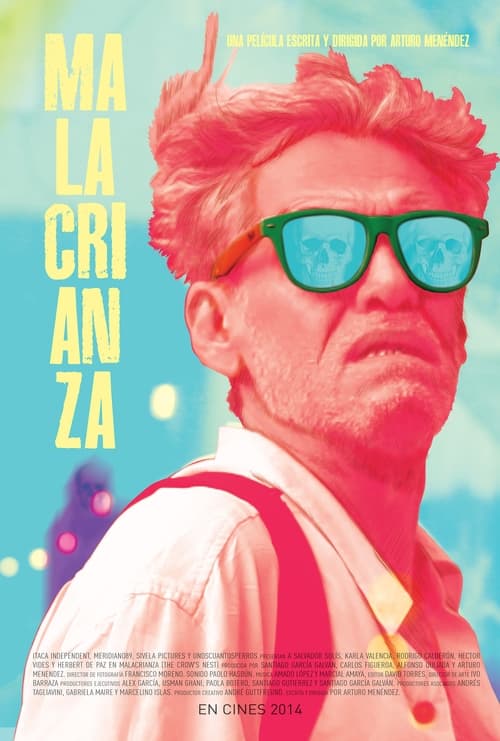
The life of a simple piñata salesman named Don Cleo is turned upside down when he falls victim to an extortionist he can’t possibly afford to pay. The harder he tries to raise the funds, the deeper into trouble he gets. If Don Cleo hopes to survive, he’ll have to face his fears and stand up to his tormentors.
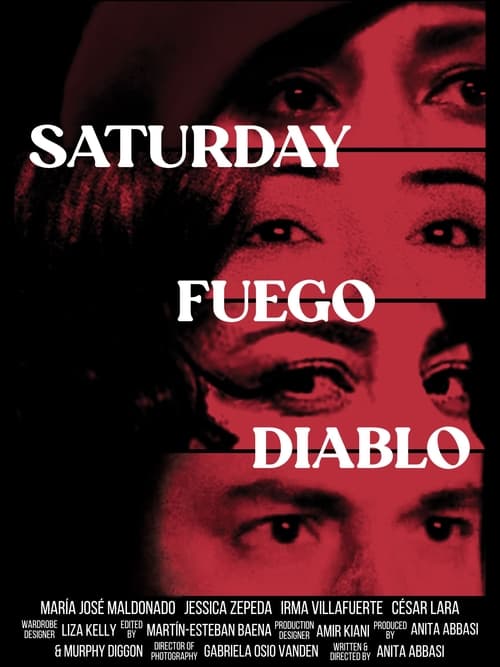
In 1981 Montreal, four Salvadoran siblings, new to Canada, seek distance from the uprisings occurring in their home country by hitting a night club, but it does not go as planned.
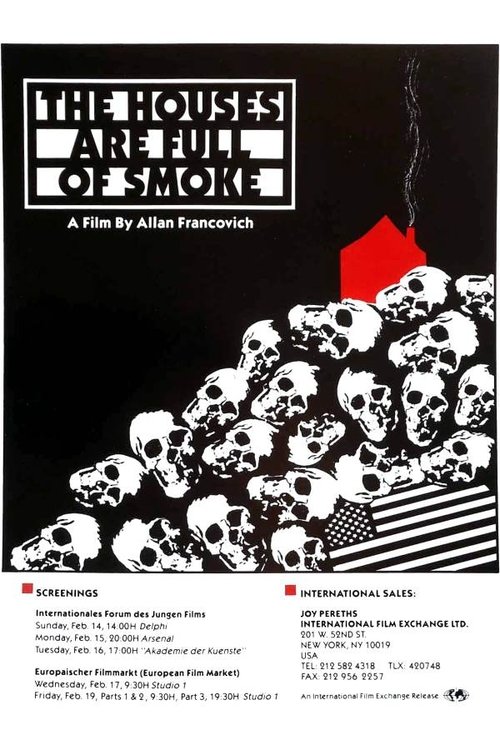
A powerful three-part documentary studying the US involvement in Guatemala, El Salvador and Nicaragua. The differing factions - Sandinista leaders, Guatemalan campesinos, CIA operatives, Contras and US government apologists - are interviewed and, in the absence of a controlling narration, the audience is encouraged to draw its own conclusions.
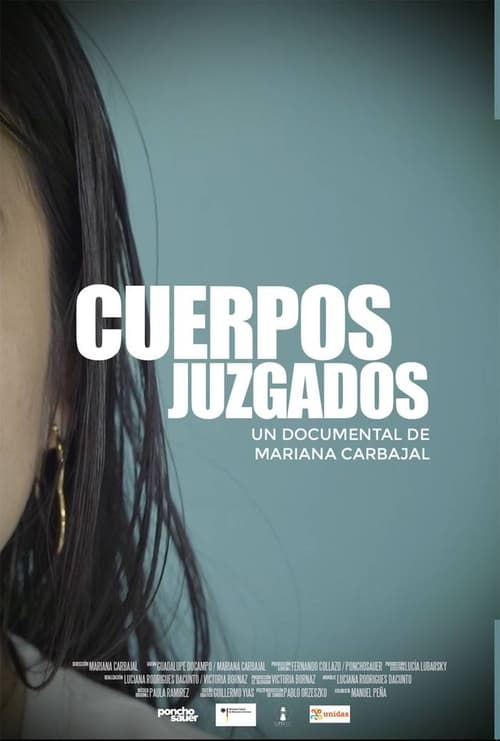
No description available for this movie.
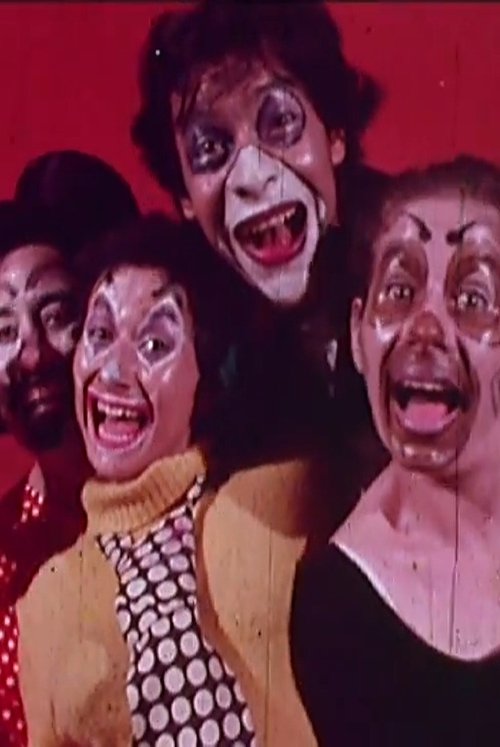
An experimental short film centering on a circus performance in San Salvador.

In the early 1980s, at the beginning of what would become a 12-year-long civil war, El Salvador's talented football team was one national institution upon which both the left and the right could agree. When the team pulled off a stunning 1-0 upset against Mexico and qualified to compete in the 1982 World Cup, it was a high point for the tiny country's national pride. Unfortunately, the team's Cinderella story devolved into a nightmarish farce.

In El Salvador, Chelino tells about the indigenous massacre of 1932, of which he survived, while he teaches the melodies of traditional Salvadoran dances.
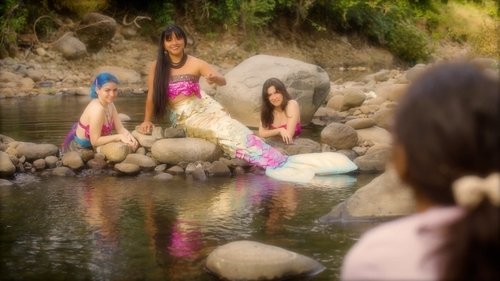
Diana develops a deep interest in the sound of the sirens that roam her city every night, until she starts to talk to them in her dreams.
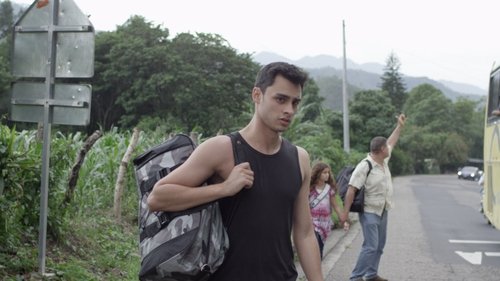
After a tragic death, a family of three is forced to move to a desolated part of the country only to be haunted by mythical creatures.
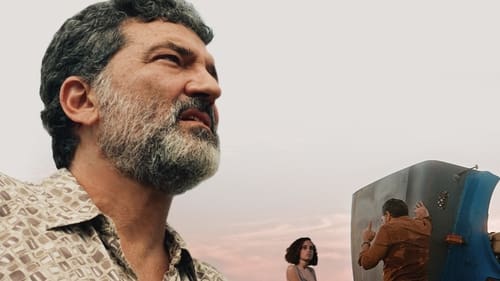
A lonely man who operates a film projector finds his only solace in a woman he sees on a film reel. After the reel is lost in an accident, he sets out to find the woman through the remotest, poorest places of the Dominican Republic.
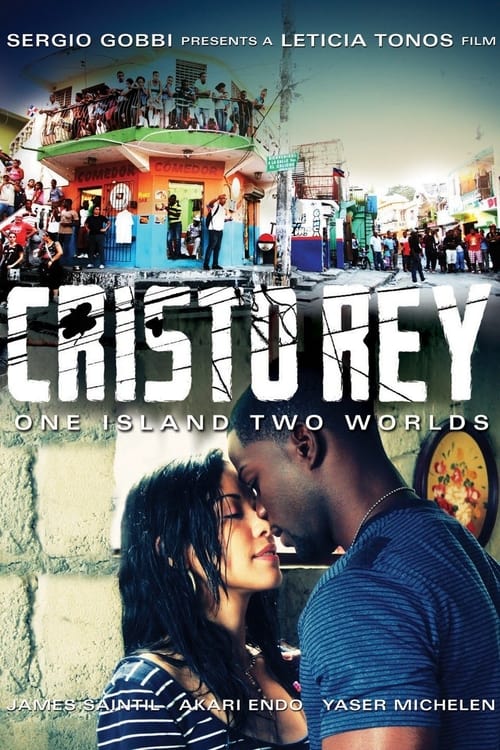
Set in the Dominican Republic, Leticia Tonos Paniagua’s uniquely Caribbean retelling of Romeo and Juliet chronicles the love between a kind-hearted teenager, ostracized for his mixed Haitian-Dominican descent, and the beautiful sister of a local drug kingpin he’s hired to protect.
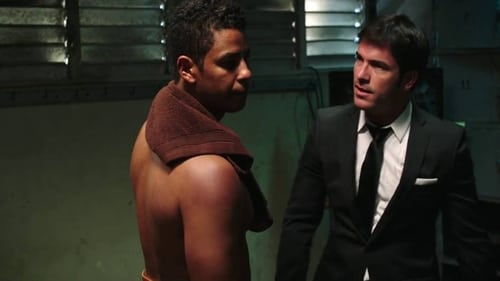
Álvaro and his friends try to scam a Dominican crime lord in order to pay off a debt to a Russian mobster.